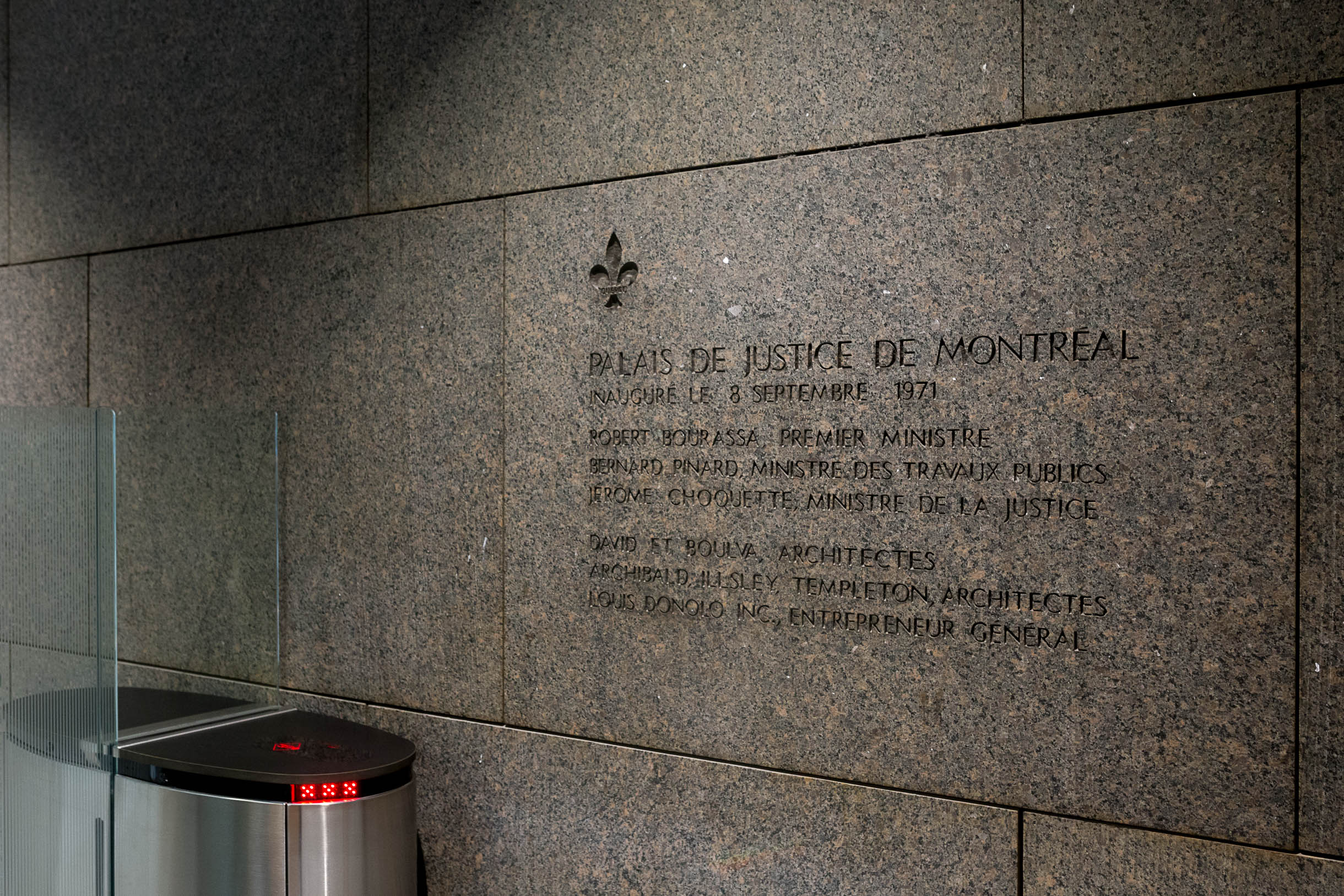Hisham Saadi was on a drug known to cause psychotic behaviour at the time
The trial of Hisham Saadi, the man who sent letters threatening to detonate bombs at Concordia’s downtown campus last March, was put on hold last week so he can undergo a psychiatric evaluation to determine whether he will be held criminally responsible. His trial is expected to resume in March.
On Feb. 6, Saadi, a former Concordia doctoral candidate, told the court he had a difficult microeconomics exam the afternoon the threats were sent, and for several days prior, he had been taking three times the recommended dose of his antipsychotic and antidepressant medications.
He told the court he had also been taking a drug called Strattera at the time of the bomb threats, despite not having a prescription for it. Strattera is commonly used to treat attention deficit hyperactivity disorder (ADHD). Saadi said he used the drug as a stimulant, taking it whenever he needed a concentration boost. On the day the threats were made, he said he took two Strattera pills. At the time of his arrest, Saadi did not tell the police he was taking the drug.
In 2006, the Food and Drug Administration (FDA) published a report analyzing the effects of drugs used to treat ADHD. The report concluded that taking Strattera significantly increases the likelihood of patients having suicidal thoughts or psychotic episodes.
According to the report, “some patients, including some with no identifiable risk factors, can develop drug-related signs or symptoms of psychosis or mania, such as hallucinations, at usual doses of these drugs.”
Saadi told the court he had been having suicidal thoughts the week of the incident, because his psychiatrist denied him medical permission to delay his exams. He has been taking psychiatric medications since May 2015, when he dropped out of his doctoral program because of a nervous breakdown.
On March 1, 2017, the day of his exam, Saadi sent emails to dozens of media outlets threatening to detonate “small artisanal amateur explosive devices […] where Moslems [sic] hang out.” He has been charged with mischief, uttering threats and inciting fear of a terrorist attack.
Saadi’s lawyer, Caroline Braun, argued that Saadi was mistreated by police the night of his arrest on March 1, 2017. She stated that Saadi’s interrogation by police was illegal because he was denied his medication and proper clothing.
Saadi was arrested wearing boxer shorts and Crocs. Police gave him a white jumpsuit that didn’t fit properly, leaving his stomach and underwear exposed. It was his only piece of clothing until police gave Saadi a bag of his own clothes about halfway through his three-hour police interrogation. The defence argued that Saadi should have been given clothes and access to his medication before being questioned by detectives. Despite this, evidence against Saadi was ruled admissible by the judge, who agreed with prosecutor François Allard’s insistence that Saadi appeared conscious and was able to freely respond to the investigators’ questions throughout the interview on the night of his arrest.
Saadi told the court that watching the video of his three-hour police interrogation was like watching a movie. Throughout the interrogation, Saadi denied sending the threatening emails, a charge he has since admitted to. He testified that he didn’t know why he lied to detectives.
“I don’t understand,” he said. “It’s not me talking. I seem normal, but it’s not me.”
Drafts of the threatening letters were recovered from Saadi’s laptop. An analysis of his search history revealed that, in the early hours of the morning on March 1, Saadi searched and modified images that were featured in the letters and researched dozens of media contact e-mail addresses to which the letters were later sent.
Saadi’s Google account was also linked to ccc.concordia@gmail.com, the email address from which the threatening letter were sent. CCC stands for Council of Conservative Citizens of Canada, the group referenced in the bomb threat letters. Although no group with this name exists, a similarly named group, the Council of Conservative Citizens, is an American white supremacist organization.
Just before 10 a.m. on March 1, the time when the letters were sent, Saadi was using his laptop at the Tim Hortons on Guy Street, next to Concordia’s downtown campus. In the moments after the letter was sent, he searched “can the university track an email.”
The Hall, EV and GM buildings were evacuated because of the threats and classes were cancelled during the day on March 1, including Saadi’s microeconomics class. A search of Concordia University and Saadi’s apartment found no evidence of explosives.
After his arrest, Saadi spent time at a psychiatric hospital. He told the court he feels better now and that his medication doses have been increased.
Photo by Kirubel Mehari
